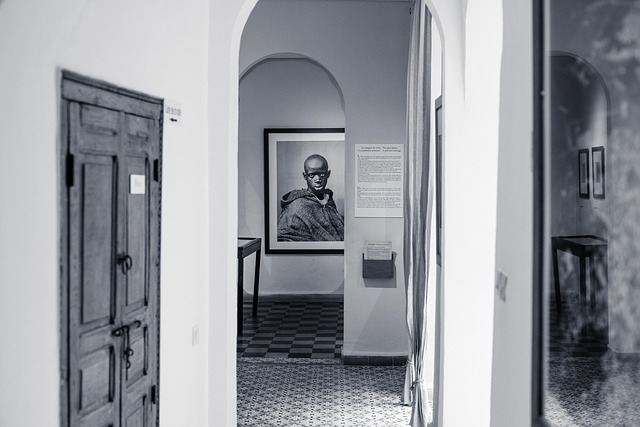
Congressional Hearings
Congressional hearings play a crucial role in the legislative process, acting as a platform for discussion, investigation, and oversight. They allow members of Congress to gather information, hear testimony, and evaluate issues that affect the public. But what exactly happens during these hearings, and why should you care? Let’s break it down!
What Are Congressional Hearings?
At their core, congressional hearings are meetings held by committees in either the House of Representatives or the Senate. These gatherings can take many forms, including:
- Oversight Hearings: These focus on reviewing the implementation of laws and evaluating government programs.
- Investigative Hearings: These are convened to investigate specific issues or allegations, often involving testimony from witnesses.
- Legislative Hearings: These are held to discuss proposed legislation and gather expert opinions before a bill is voted on.
Each hearing is an opportunity for members of Congress to ask questions, gather evidence, and ensure that government actions align with public interests. 🏛️
How Are Hearings Conducted?
Hearings typically follow a structured format:
- Opening Statements: Committee members and witnesses present their initial remarks.
- Questioning: Members ask questions to witnesses, who provide their insights and experiences.
- Closing Remarks: Final thoughts are shared, often summarizing the key points discussed.
It’s important to note that the transcripts of these hearings are published later, which can take several months or even years. This delay can be frustrating for those eager to see the outcomes, but it ensures accuracy and thoroughness. 📜
Why Are Congressional Hearings Important?
These hearings serve several vital purposes:
- Transparency: They promote transparency in government by allowing the public to witness discussions and decisions.
- Accountability: Hearings hold government officials and agencies accountable for their actions.
- Public Participation: Citizens can often provide input or attend hearings, making it a platform for public engagement.
In essence, congressional hearings are a way for the government to communicate with the public and demonstrate that it is listening to the concerns of its citizens.
How to Follow Congressional Hearings
If you’re interested in keeping up with congressional hearings, there are several resources available:
- Government Publishing Office: You can find published hearing transcripts and other documents on their website.
- Committee Websites: Each congressional committee has a website where they post schedules, agendas, and hearing details.
- Federal Depository Libraries: These libraries often have access to congressional documents and can be a great resource for research.
Staying informed about congressional hearings can empower you as a citizen and help you understand how government decisions may affect your life.
Conclusion
Congressional hearings are an essential aspect of our democratic process, providing a space for dialogue, oversight, and accountability. By participating in or following these hearings, you can help ensure that your voice is heard in the halls of power. So, the next time a hearing is scheduled, consider tuning in or reading the transcripts. It’s your government, after all!

















 Heavy-duty Toggle Bolts
Heavy-duty Toggle Bolts 
 Health
Health  Fitness
Fitness  Lifestyle
Lifestyle  Tech
Tech  Travel
Travel  Food
Food  Education
Education  Parenting
Parenting  Career & Work
Career & Work  Hobbies
Hobbies  Wellness
Wellness  Beauty
Beauty  Cars
Cars  Art
Art  Science
Science  Culture
Culture  Books
Books  Music
Music  Movies
Movies  Gaming
Gaming  Sports
Sports  Nature
Nature  Home & Garden
Home & Garden  Business & Finance
Business & Finance  Relationships
Relationships  Pets
Pets  Shopping
Shopping  Mindset & Inspiration
Mindset & Inspiration  Environment
Environment  Gadgets
Gadgets  Politics
Politics 